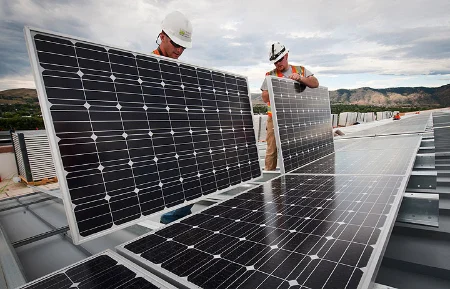Talk about a buzz kill: A team of MBA students has found that fuzzy and often misguided policy, technical roadblocks, affordability issues and out-of-tune leadership all add up to a challenging landscape for investment in sustainable energy.
The students, from the USC Marshall School of Business, recently reported their dour findings to an advisory council from the Asia Pacific Economic Cooperation (APEC), a group whose 21 member countries comprise about half of the world’s GDP.
The team visited 14 of the APEC countries, and conducted some 183 interviews in an effort “to capture the voice of investors in sustainable energy,” said Cathy Kim, who led the effort.

What they found: “Policies push sustainable energy into the energy mix, rather than stimulating demand to pull sustainable energy into the market. Businesses lack clear price signals to inform investment decisions.
“Regulatory uncertainty discourages investments with long return horizons. Inertia in the form of myopia, misperception, and dulled motivation, at the economy, firm, and consumer levels creates resistance to change, and constrains solution-seeking to incremental improvements of known technologies rather than disruptive breakthrough innovations needed.”
Amazingly, in an era of global climate change, the team found that fossil fuel energy still gets dramatically more subsidies than sustainable energy – on the order of 12 times more if you factor in the actual production cost of fossil fuels and their carbon emissions.
But while policies such as that are an issue, the team also said technology also presents hurdles, noting that energy produced from solar or wind must be stored to meet the variable needs of consumers, and the infrastructure is not currently in place in most APEC countries.






